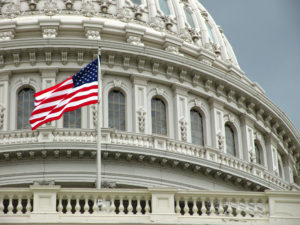Balancing Public Engagement and Agency Action in a Changing World
Regulators facing challenges such as climate change must balance obtaining public input with acting effectively.
Marginalized Groups and the Multiple Languages of Regulatory Decision-Making
Agencies must incorporate insights from marginalized communities to empower them.
Reimagining the Public’s Role in Agency Rulemaking
Congress should tailor the notice-and-comment process for more meaningful public participation.
Institutionalizing Equity in Agency Decision Making
By creating internal rules on rulemaking, agencies can increase underserved communities’ access and participation.
Regulatory Reform, Benefit-Cost Analysis, and the Poor
OIRA should add a benefit-cost analysis focused on protecting the poor when evaluating new agency rules.
Reconsidering Anticorruption from a Regulatory Perspective
To combat corruption more effectively, policymakers need to approach it as a regulatory problem.
Public Input in Rulemaking
Public comments allow agencies to understand the perspectives of those who regulations are intended to benefit.
Creating an Administrative System for All
Experts explore how federal agencies can better include and serve marginalized communities.
Piercing the Lawyers’ Monopoly
Scholars argue that state trial judges should lead efforts to deregulate legal representation.
New Public Access to Court Records
The Supreme Court of Oklahoma allows access to records as a matter of public policy.
Improving the Process of Rulemaking
The OECD analyzes the progress of regulatory frameworks in member countries.












